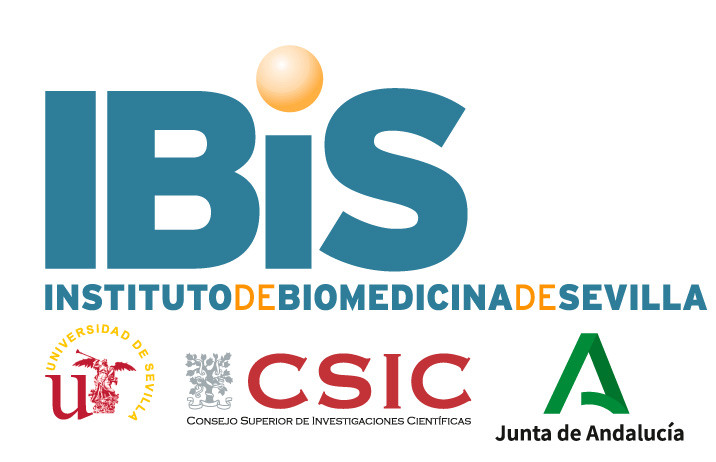
IBiS - Institute of Biomedicine of Seville
If you are the contact person for this centre and you wish to make any changes, please contact us.
Head of Section of the Stroke Unit in the Neurology Service of the Hospital Universitario Virgen del Rocio - Institute of Biomedicine of Seville (IBiS)
Professor of Physiology at the University of Seville and head of the Cellular Neurobiology and Biophysics team at the Institute of Biomedicine of Seville (IBiS)
Researcher at the Clinical Unit of Infectious Diseases, Microbiology and Parasitology, and the Bacterial and Antimicrobial Resistance Group
Director of the Institute of Biomedicine of Seville (IBiS), Professor of the Department of Medical Physiology and Biophysics at the University of Seville and CIBERNED researcher
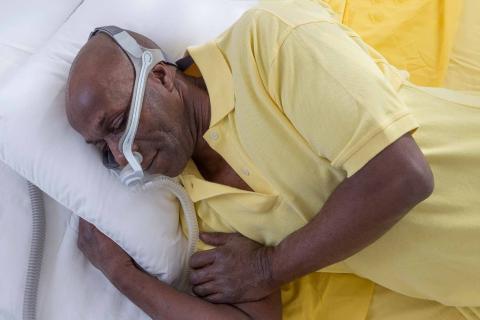
An investigation published in JAMA Neurology concludes that obstructive sleep apnoea is associated with an increased risk of Parkinson's disease, according to the medical records of more than 11 million American war veterans, mainly men. The article also indicates that this risk can be reduced by early treatment with continuous positive airway pressure, suggesting intervention in sleep-disordered breathing as a strategy for preventing neurological diseases.
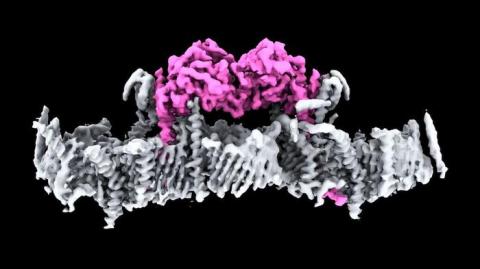
Discovered years ago, PINK1 is a protein directly linked to Parkinson's disease, but it was not known what it looks like, how it binds to the surface of damaged mitochondria or how it is activated. A study published this week in Science has for the first time determined the structure of this protein. The authors suggest that this new information could help in finding new treatments.
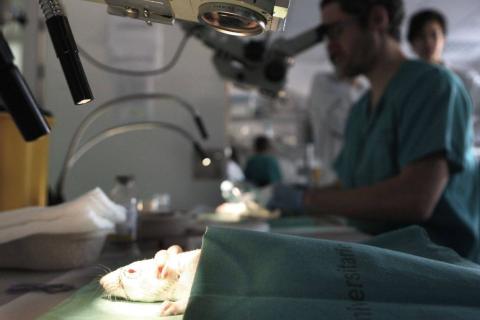
The seventh Annual Report of the COSCE Transparency Agreement, prepared by the European Animal Research Association, which analyses transparency in the use of animals for scientific experimentation in Spain in 2023, was presented today. According to the document, transparency is consolidated among the signatory institutions -168 in 2024- and all of them publish a statement on their websites on the use of animals. Public mention of the number and species used stands at 47%, compared to 38% the previous year.

Chronic exposure to various air pollutants has been linked to an increased risk of stroke, but the short-term effects have been less well studied. A review of 110 papers and more than 18 million stroke cases shows that recent exposure - in the five days prior to stroke - also increases the likelihood of stroke. The results are published in the journal Neurology.
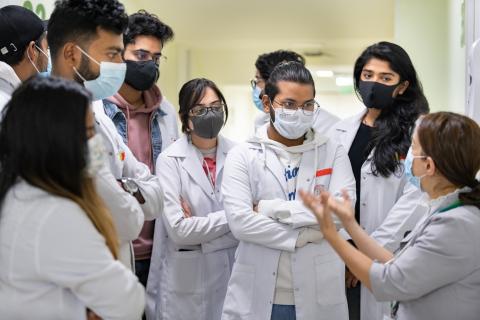
The World Health Organisation (WHO) has published a report with data reported by 87 countries in 2020 warning of increasing antibiotic resistance in bacterial infections in humans. The report shows resistance levels of more than 50 % in bacteria that frequently cause bloodstream infections in hospitals, such as Klebsiella pneumoniae and Acinetobacter spp.
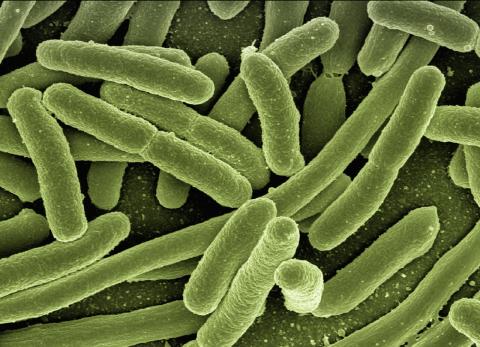
Bacterial infections were the second leading cause of death in 2019. This is according to research published in The Lancet, which estimates that one in eight deaths that year was associated with bacterial pathogens. Five of these - S. aureus, E. coli, S. pneumoniae, K. pneumoniae and P. aeruginosa - accounted for more than half of all bacteria-related deaths.